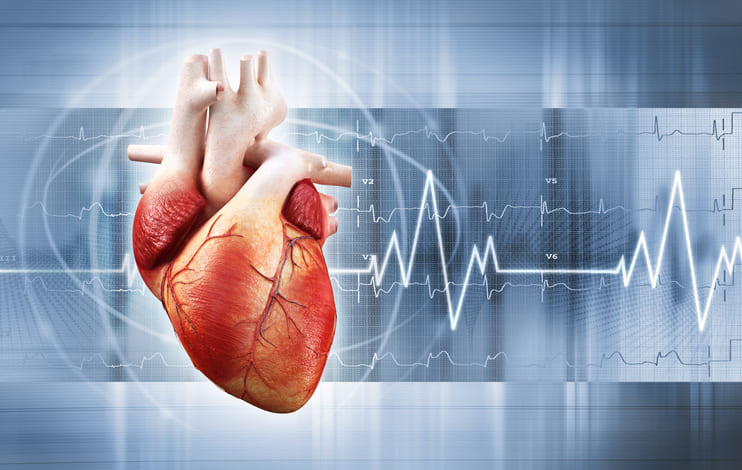By Carolyn Crist
(Reuters Health) – Cancer patients and survivors are often at high risk of heart disease, so heart and cancer doctors should consider providing cardio-oncology rehabilitation as patients move through their cancer treatment, the American Heart Association (AHA) urges in a new scientific statement.
“How do we protect our patients going through cancer therapy? As we focus on curing cancer, we also need to think about the ways to protect them as a whole person,” said Dr. Susan Gilchrist of the University of Texas MD Anderson Cancer Center in Houston.
“Exercise is one of the best ways to protect the whole person and get them through treatment,” Gilchrist, the statement’s lead author and also chair of the AHA’s Exercise, Cardiac Rehabilitation and Secondary Prevention Committee, said in a phone interview. “Cardiac rehabilitation is one of the ways to systematically engage patients in an exercise program and look at the other factors they may be dealing with, such as uncontrolled blood pressure or depression.”
Gilchrist and her colleagues decided to write the statement after seeing research emerging in the past year about increased cardiovascular risk for breast, prostate and colorectal cancer patients. They brought together experts in cardiology, oncology, cancer rehabilitation, primary care and exercise science to discuss the latest research and what to do next.
As cancer survival rates have improved, more than 17 million U.S. cancer survivors now face a two- or three-fold increased risk for heart disease and two- to 18-fold increased risk of hypertension and diabetes, the authors note in the journal Circulation.
The higher risk is likely due to both normal aging and cancer-related effects such radiation, chemotherapy, targeted therapy and weight gain.
Under cardio-oncology rehabilitation, the authors write, doctors would identify patients at a high risk for heart disease, especially those exposed to high doses of cardiotoxic chemotherapy or radiation. Then they would implement a multi-level approach to cardiac rehabilitation, which includes exercise, nutritional counseling and management of weight, blood pressure, cholesterol, diabetes and smoking. In addition, they would recommend psychosocial management in relation to depression, anxiety, social isolation, marital stress, sexual dysfunction and substance abuse.
Importantly, the committee writes, the schedule, frequency and type of rehabilitation program should be highly individualized.
“What I love about this is that cardio-oncology can happen broadly across institutions because even small communities have cardiac rehabilitation programs,” Gilchrist said. “Let’s now leverage that for our cancer patients.”
More than two dozen randomized clinical trials have examined the efficacy of exercise on cardiorespiratory fitness for different types of cancer patients and have generally found that exercise can make up for the declines in heart health that cancer treatment causes, the authors note.
Other studies have measured the feasibility of exercise training for cancer patients and found that even one aerobic and resistance training exercise per week helps with fatigue, heart health, muscle strength and quality of life.
However, no reimbursement program currently exists to provide this treatment to cancer patients, the group writes. They add that the scientific statement is a first step in paving the way for reimbursement, which could include self-pay, private insurance, bundled payments or governmental payers. In the meantime, cardiologists and oncologists need to do more research about the guidelines, policies and best practices around cardio-oncology rehabilitation.
“Advances in cancer treatment and the aging of the population mean that more people are surviving cancer than ever before, but they now face increased cardiovascular disease risk and mortality,” said Catherine Alfano, vice president for survivorship at the American Cancer Society, which also endorsed the scientific statement.
The goal is to “facilitate the development and integration of cardio-oncology rehabilitation as an aspect of standard of care for cancer patients and survivors,” she told Reuters Health by email.
SOURCE: https://bit.ly/2vcHJFF Circulation, online April 8, 2019.


